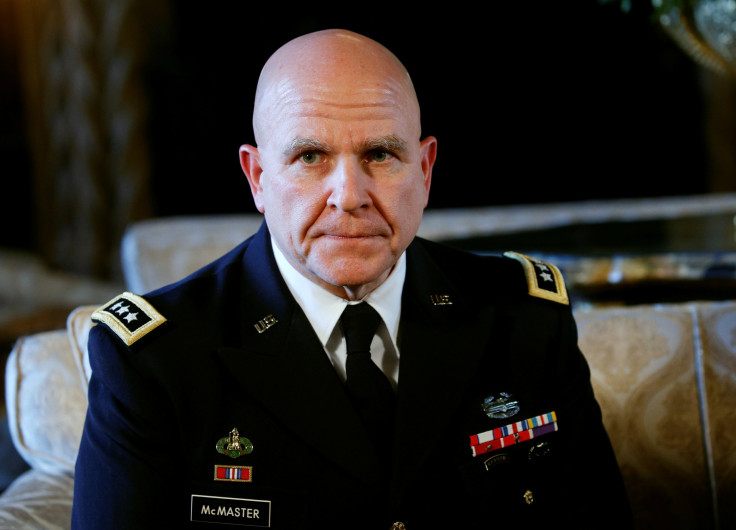Ezra Cohen-Watnick Dismissal From NSC Suggests McMaster Calls The Shots

The dramatic shake-up in the White House is far from over, it seems. On Wednesday, reports of the dismissal of a senior director of the National Security Council (NSC), Ezra Cohen-Watnick, came as no surprise after Chief of Staff Reince Priebus, Communications Director Anthony Scaramucci, and top Middle East advisor Derek J. Harvey were fired in a span of less than 10 days.
“General McMaster appreciates the good work accomplished in the NSC's Intelligence directorate under Ezra Cohen's leadership. He has determined that, at this time, a different set of experiences is best-suited to carrying that work forward. General McMaster is confident that Ezra will make many further significant contributions to national security in another position in the administration,” a statement by the White House read, according to the Conservative Review that first broke the story.
Read: Who's Really In Charge In The White House?
Curiously, it was not President Donald Trump who played a crucial role in Cohen-Watnick’s firing. Cohen-Watnick, who is said to be a Trump loyalist, may have got fired after Lt. Gen. H.R. McMaster replaced Michael Flynn, who hired Cohen-Watnick as the national security advisor, in February. In March, Cohen-Watnick was involved in a controversy about leaking classified information to Rep. Devin Nunes (R-California).
However, McMaster could not fire him apparently due to intervention from the president, his son-in-law Jared Kushner and White House Chief Strategist Steve Bannon.
A journalist from Bloomberg posted a tweet suggesting a replacement may be ready for Cohen-Watnick’s post.
Just heard McMaster will tap CIA officer serving overseas to replace Ezra Cohen Watnick. Traditionally NSC SD for intel has been CIA
— Eli Lake (@EliLake) August 3, 2017
It may be worth noting McMaster fired Harvey in July after he came up with a list of Obama administration holdovers in the NSC. Harvey, also among Trump’s top advisers, was the first director at the think tank, Afghanistan-Pakistan Center of Excellence at U.S. Central Command (CENTCOM). He announced his “emotional departure” after his dismissal in a statement, and said he was excited to get a “new opportunity” in the Trump administration. However, the new opportunity is yet to be announced.
Another unceremonious departure was that of Rich Higgins, who served in the NSC’s strategic planning office, in July after he wrote a controversial memo that detailed threats to Trump presidency and the United States. "Globalists and Islamists recognize that for their visions to succeed, America, both as an ideal and as a national and political identity, must be destroyed," the memo read, according to an Atlantic report published Thursday that carried an excerpt. In the memo, Higgins claimed the Russia story was a part of efforts to subvert Trump’s nationalist agenda.
Earlier, K.T. McFarland was removed from her post of deputy National Security Advisor in April while Bannon, who is among the most powerful people in the White House, was also removed from the Cabinet-level interagency forum and principals committee after McMaster took over. It is hard to miss that all of the people dismissed from the Trump administration have been supporters of the president's "America First" policy.
McMaster has been asserting his presence — ever since he took office — by reshaping the NSC after Flynn’s dismissal over misleading Vice President Mike Pence. The earliest steps he took for the reorganization had an impact on Dave Cattler, a Flynn pick, who was serving as the deputy assistant to the president for regional affairs at the time. He was moved back to the office of the Director of National Intelligence where he worked under the administration of former President Barack Obama.
© Copyright IBTimes 2024. All rights reserved.




















